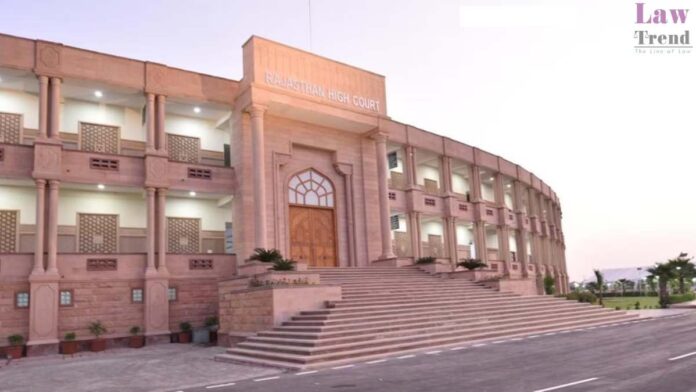The Rajasthan High Court on Monday issued a series of strong interim directions to address the growing menace of stray animals on roads and highways, warning that unchecked incidents of attacks and fatalities were endangering public safety and tarnishing the state’s image as a tourist destination.
The Jodhpur bench of Justices Kuldeep Mathur and Ravi Chirania was hearing a suo motu case on the issue, hours after the Supreme Court ordered the removal of stray dogs from Delhi-NCR localities following repeated dog-bite cases.
Statewide Special Drives and Enforcement
The court directed all municipal bodies in Rajasthan to launch special drives for the removal of stray dogs and other animals from public areas, with instructions to minimise physical harm to the animals. It also warned that individuals or groups obstructing municipal staff would face legal action, including FIRs under relevant municipal laws.
Officials were granted a “free hand” to act against such interference. In a specific order, the Jodhpur Municipal Corporation was told to clear stray animals from the premises of the All India Institute of Medical Sciences and the district court — both high-footfall public zones.
The National Highways Authority of India and the State Highways Authority were directed to regularly patrol roads to ensure smooth vehicular movement.
Complaint Mechanism and Feeding Guidelines
To improve public participation, municipal bodies must publicise telephone numbers and email addresses for lodging complaints about stray animals. The bench further ruled that citizens wishing to feed or care for stray animals, out of compassion or religious sentiment, should do so only in designated shelters, cattle ponds, or gaushalas run by municipal or private entities.
Shelter Upkeep and Status Report
The court sought a detailed status report by September 8 on shelter conditions, staffing, veterinary facilities, and arrangements for separating species such as cats. It emphasised that improving shelter infrastructure was essential to humane animal management.
“We expect from the general public that their sentiments towards animals be expressed in designated shelters, not on public roads,” the bench observed, stressing that public safety must take precedence.
Court’s Concern over Rising Attacks
The amicus curiae informed the bench that negligence and inaction by authorities had caused a surge in attacks and bites by stray animals, posing a risk to human lives and damaging Rajasthan’s tourism appeal. The court’s directives aim to create a balance between animal welfare and public safety, while ensuring strict accountability from civic bodies.




